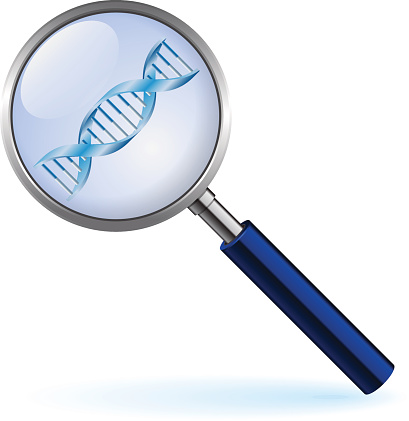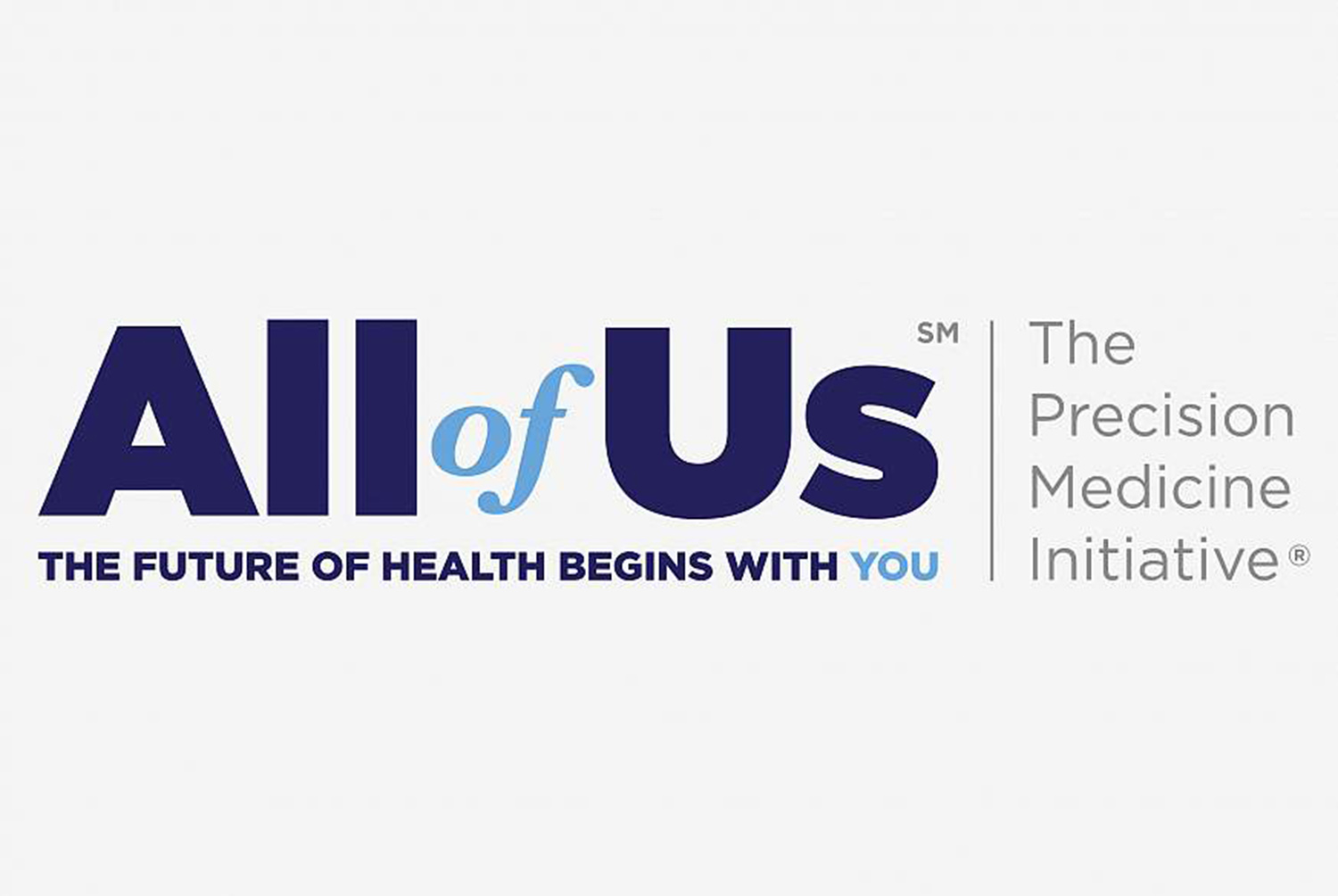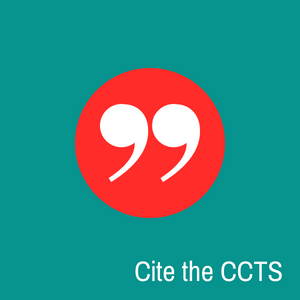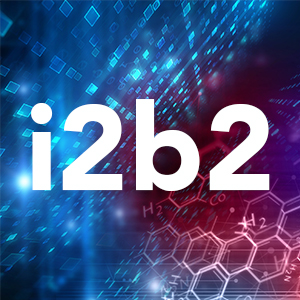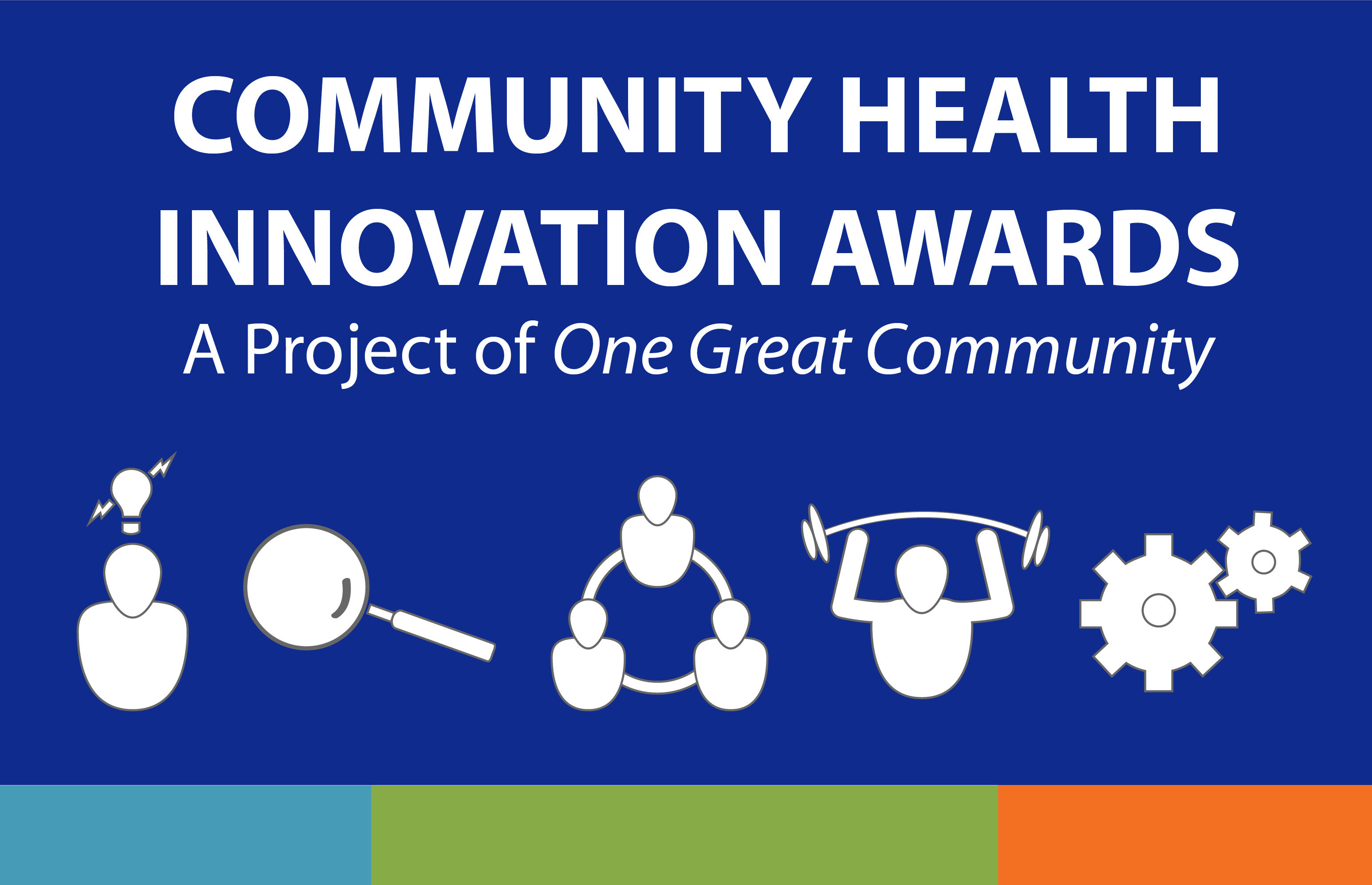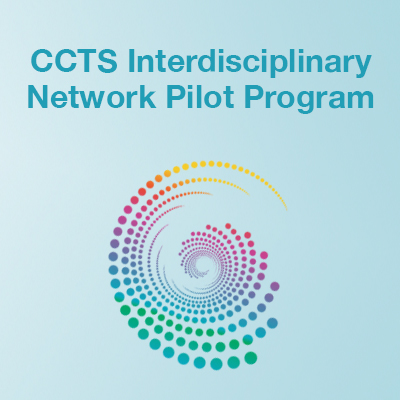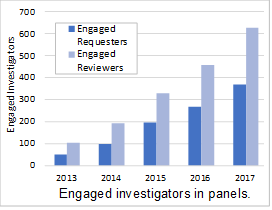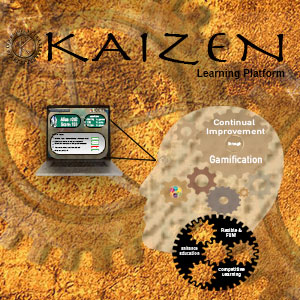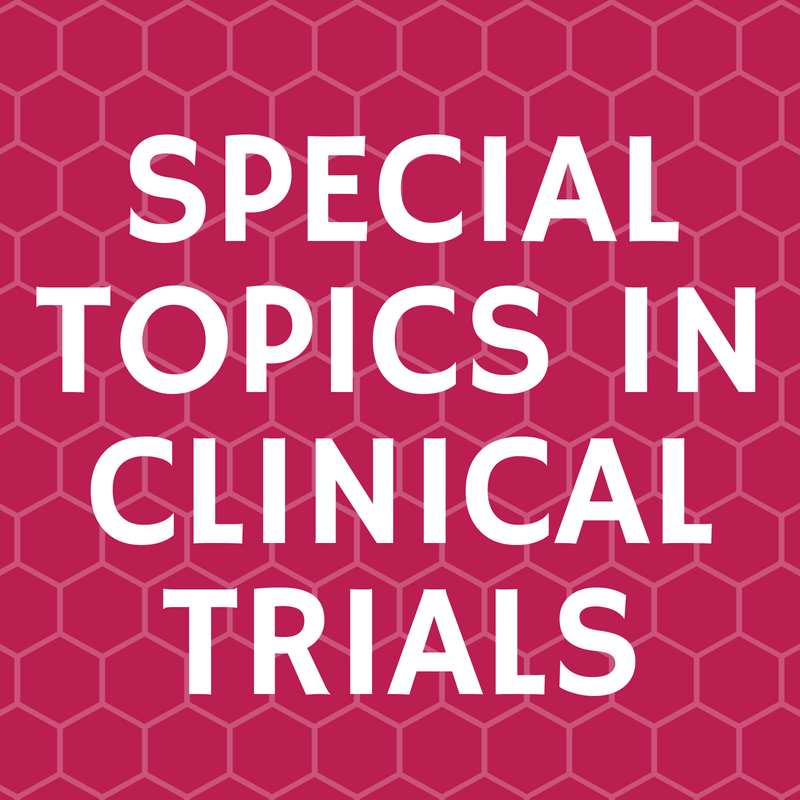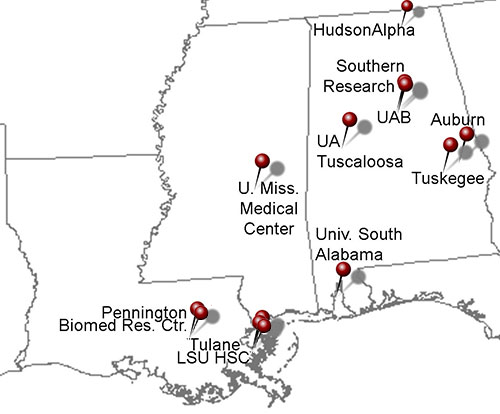Enjoy this snapshot of notable CCTS achievements toward our mission of transforming clinical and translational research to improve health across the Partner Network region and beyond.
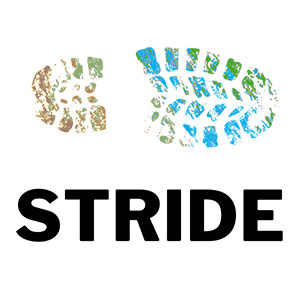
CCTS is collaborating with two CTSA Hubs (UMass and Vanderbilt) to develop and test novel methods for improving the informed consent process. Strengthening Translational Research in Diverse Enrollment (STRIDE) features a REDCap-based eConsent platform that uses avatars and videos of real participants sharing research experiences to increase trust and interest in clinical trials.
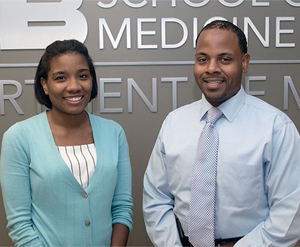
Making a Difference: CCTS is the only CTSA in the network to have two Harold Amos Medical Faculty Development Program Scholars: Latesha Elopre, MD, MSPH, Assistant Professor, UAB Division of Infectious Diseases, and Greg Payne, MD, PhD, Fellow, UAB Division of Cardiovascular Disease. Dr. Elopre seeks to reduce barriers to the use of PrEP among African American women at high risk for contracting HIV. Dr. Payne’s research on the novel mechanisms of inflammation in cardiovascular disease may lead to fewer cardiac transplant rejections. Both scholars received CCTS panels to strengthen their applications.
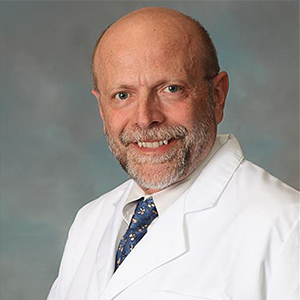
Making a Difference: An international team co-led by CCTS Partner Network Site Lead Lucio Miele, MD, PhD, has discovered genetic mutations that promote survival of cancer cells. The study, published in PLOS ONE, focused testing on genes in 44 cancers that no longer respond to therapy. The team found the cancers had evolved new “driver” mutations that impart resistance. The mutations exist in functional pathways that can be targeted with existing drugs, enabling a precision medicine approach to treatment.
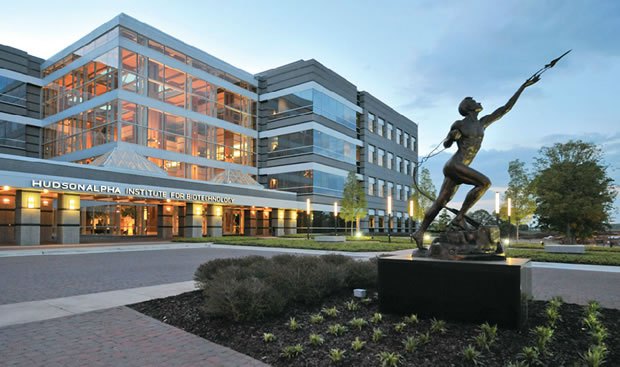
Making a Difference: A team of researchers from two CCTS Partner Network institutions—HudsonAlpha Institute of Biotechnology (HA) and UAB—recently announced they have developed a test that can identify people with colon polyps. The blood serum test, which detects changes in RNA molecules associated with colorectal adenomas, could replace the discomfort of routine colonoscopies (most especially their prep) and increase the number of adults 50 or older who get screened as recommended by the American Cancer Society. The study, published in Clinical Cancer Research, was led by CCTS HA Site Lead Dr. Richard Myers and CCTS Director Dr. Robert Kimberly.
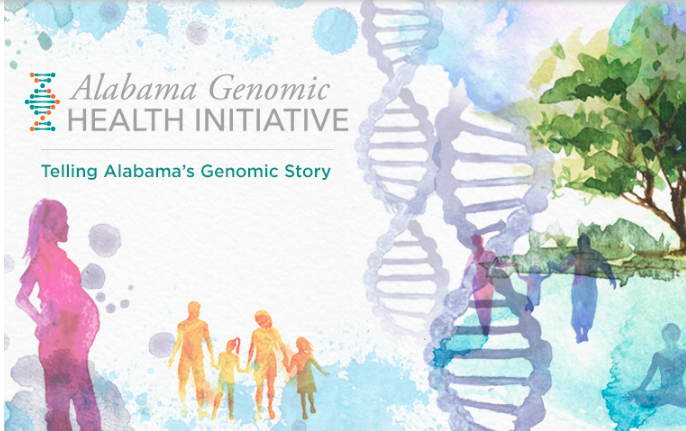
The Alabama Genomic Health Initiative (AGHI) is one of the nation's first statewide efforts to harness the power of genomic analysis in helping identify those who are at risk for diseases for genomic abnormalities.
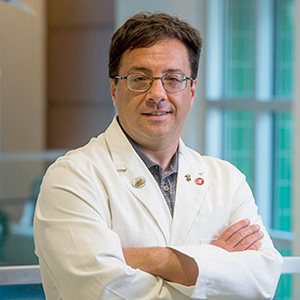
Making a Difference: Translational researcher at UAB and Children’s of Alabama Pediatric and Infant Center for Acute Nephrology Director David Askenazi, MD, MSPH, and colleagues from the Assessment of Worldwide Acute Kidney Injury Epidemiology in Neonates (AWAKEN) have found that caffeine may help reduce the risk and severity of AKI in premature neonates. AKI affects one in four premature neonates and is associated with increased hospital stays, medical costs, morbidity, and mortality. The international multi-center cohort study announced its findings in the June 2018 issue of JAMA Pediatrics.
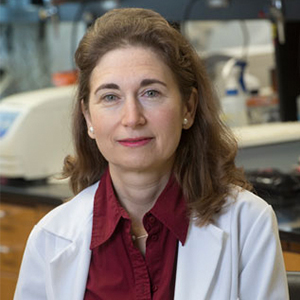
Making a Difference: A new study in Nature Medicine, supported by the CCTS Clinical Translation team, has found a safe, effective, and novel therapy to reduce insulin requirements and hypoglycemic episodes in adults with recent onset of Type 1 diabetes (T1D). In a yearlong double-blind, placebo-controlled Phase 2 clinical trial, PI Anath Shalev, MD, Director of the UAB Comprehensive Diabetes Center, and her lab discovered that regular oral doses of verapamil, a common blood pressure medicine, promoted beta cell function and insulin production in subjects with T1D, reducing their dependence on insulin injections.
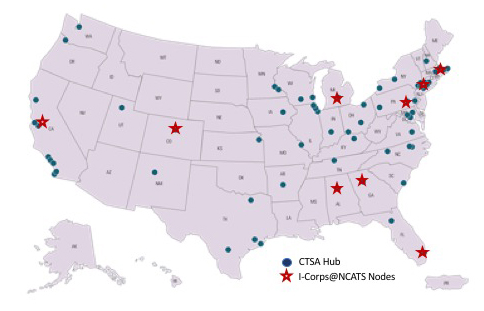
The CCTS is leading nine CTSA Hubs charged by NCATS to develop a translational version of the National Science Foundation’s I-Corps™ program. The I-Corps@NCATS training has launched at the CCTS Hub and Partner Network region. The goal is to prepare biomedical scientists and engineers to think “translationally” about their science and ensure they are developing research projects that address real-world health needs.
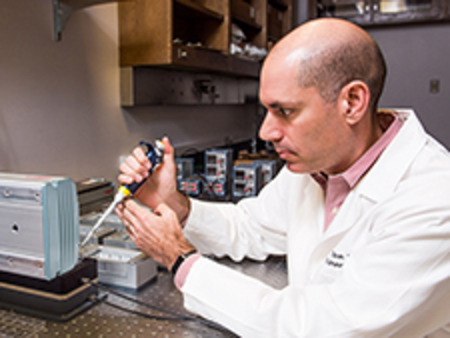
Making a Difference: The first cystic fibrosis (CF) patient in the world to receive ivacaftor (drug proven to be successful in CF treatment) was treated at the CCTS research unit in 2012 by Dr. Steve Rowe, Co-Director of the CCTS Child Health Research Unit, who has since led the team in demonstrating additional effectiveness with dual and triple-drug treatment combinations that may work for up to 90% of all CF patients.
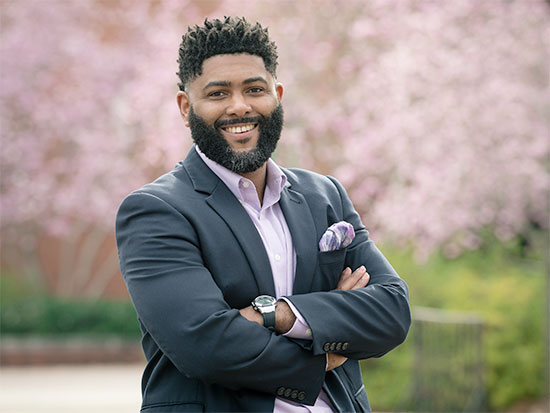
Making a Difference: CCTS One Great Community CoChair and UAB Collat School of Business Associate Professor of Strategic Management and Entrepreneurship Anthony C. Hood, PhD, received Alabama Power’s 2018 Power of Leadership Award for his community engagement work to prepare minority youth and women for STEM careers and entrepreneurship. Dr. Hood will attend the Young American Leaders Program at Harvard Business School this summer.
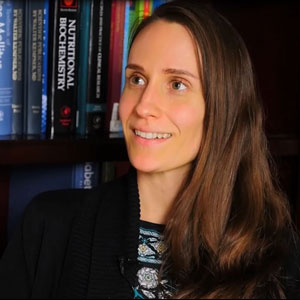
Making a Difference: CCTS KL2 Scholar Courtney Peterson, PhD, Assistant Professor, UAB Dept. of Nutrition Sciences, conducted the first studies of early time-restricted feeding (eTRF) in humans to better understand the impact of meal timing and circadian rhythms on obesity, diabetes, and cardiovascular disease. Her findings, including that eTRF reverses or prevents diabetes and insulin resistance and improves blood pressure and oxidative stress as well, have been featured in Science Daily, the New York Times, the Washington Post, and News Medical and on NBC News and the Today Show.

